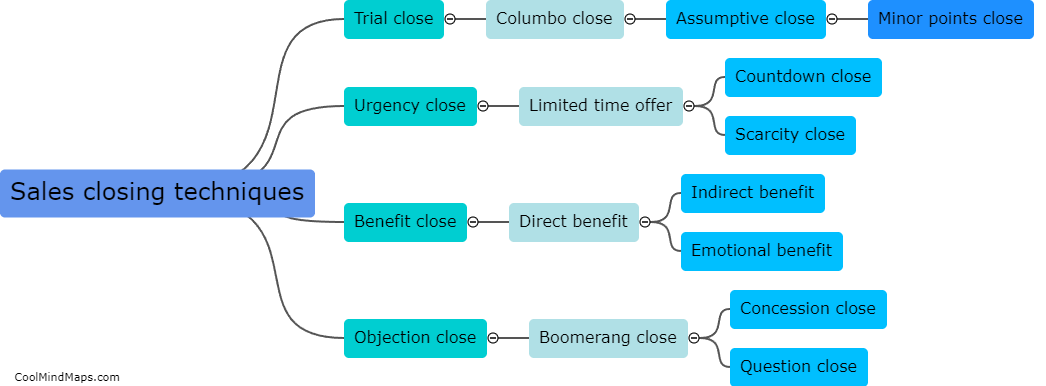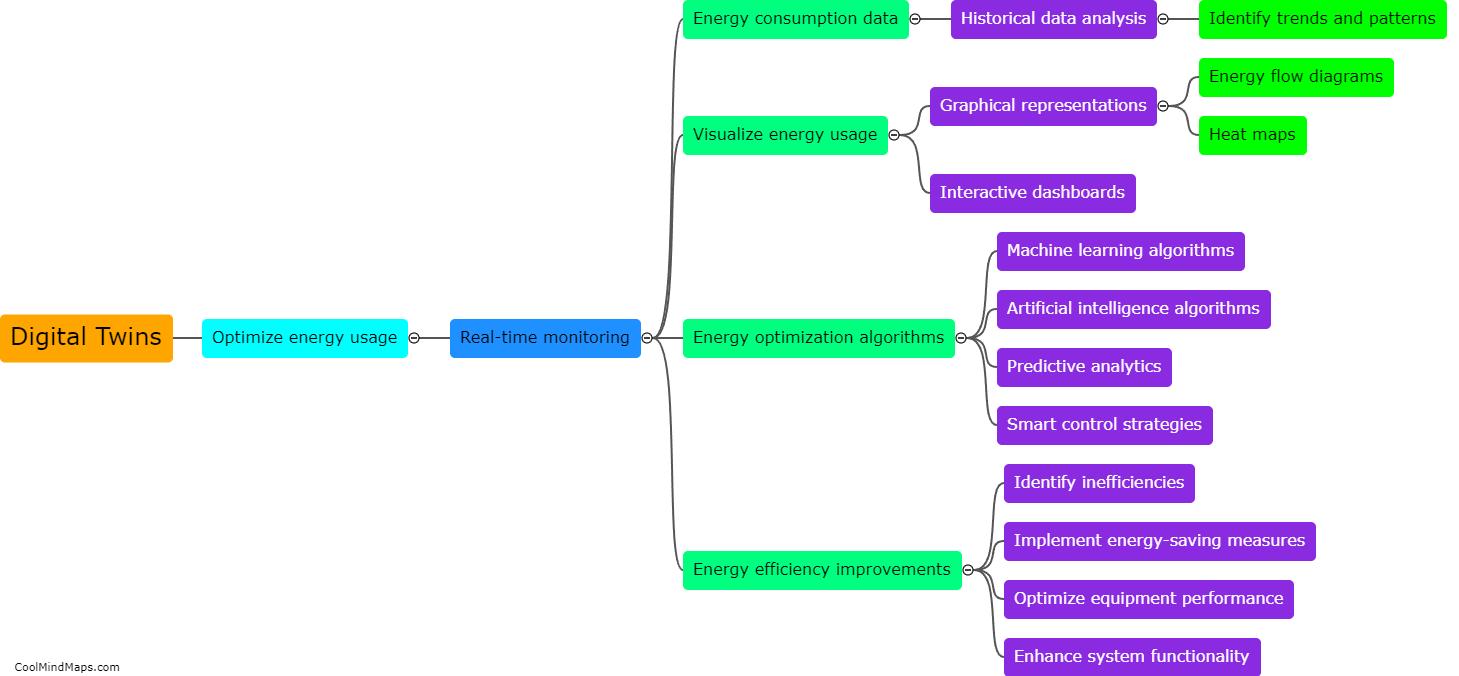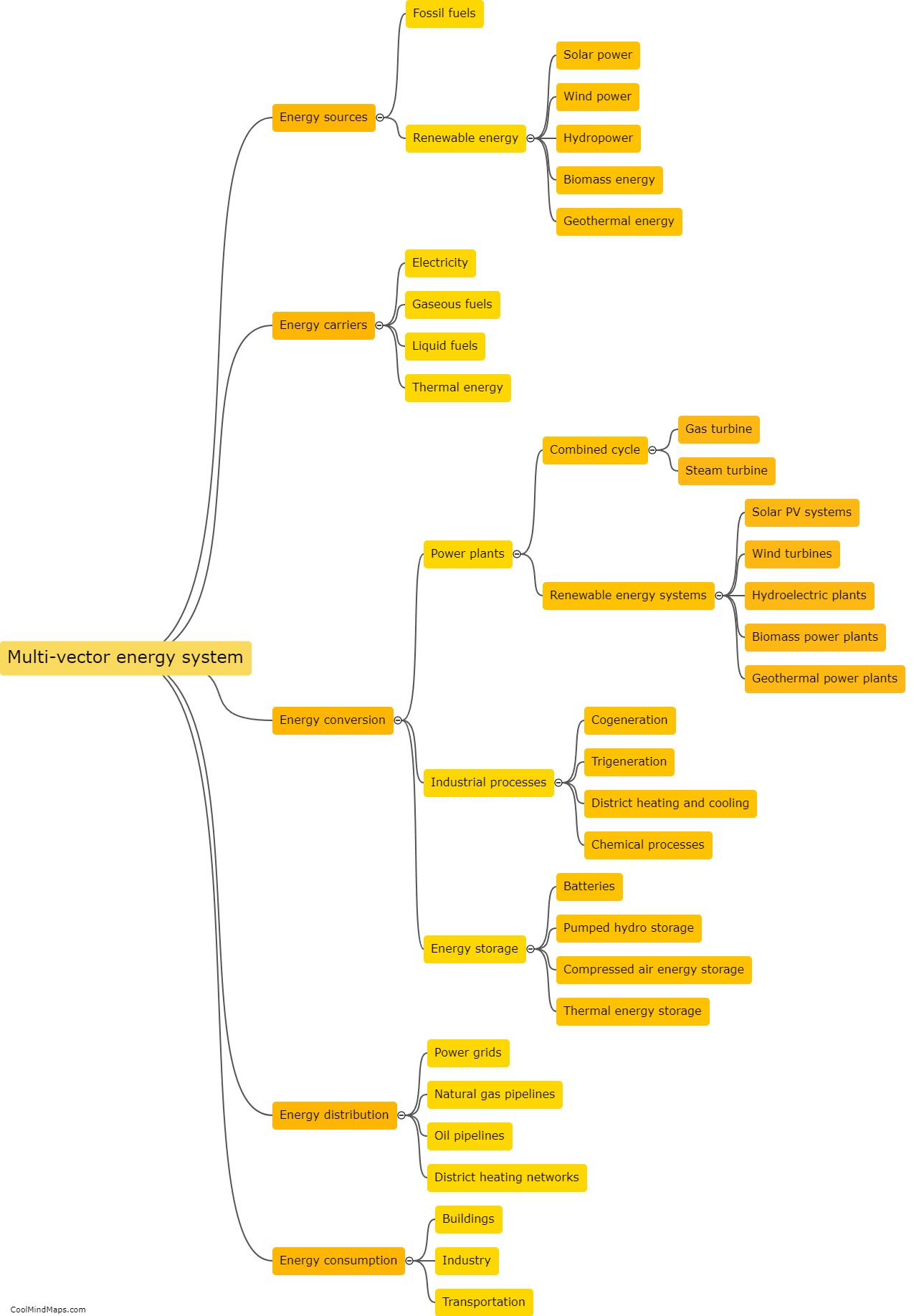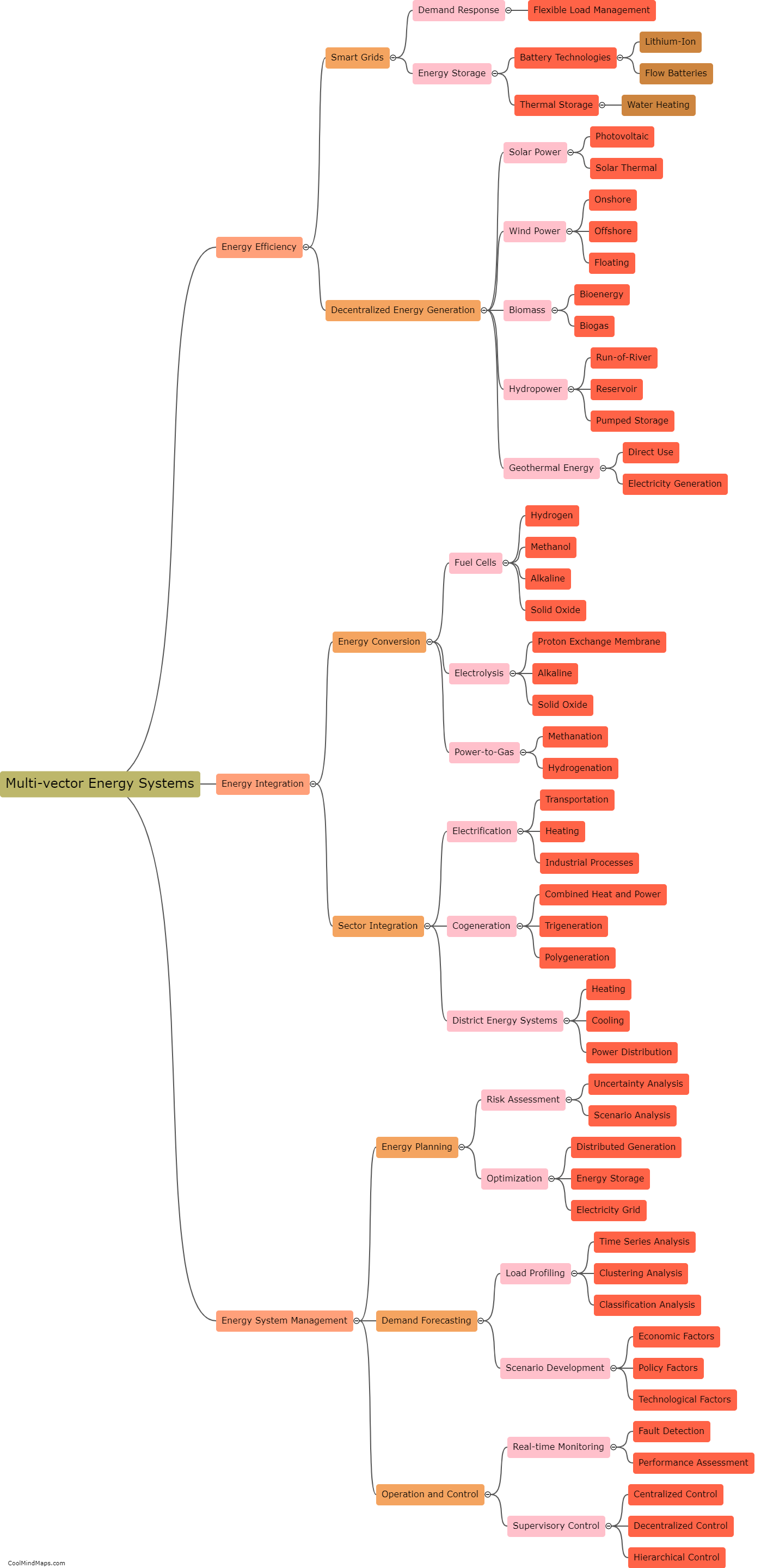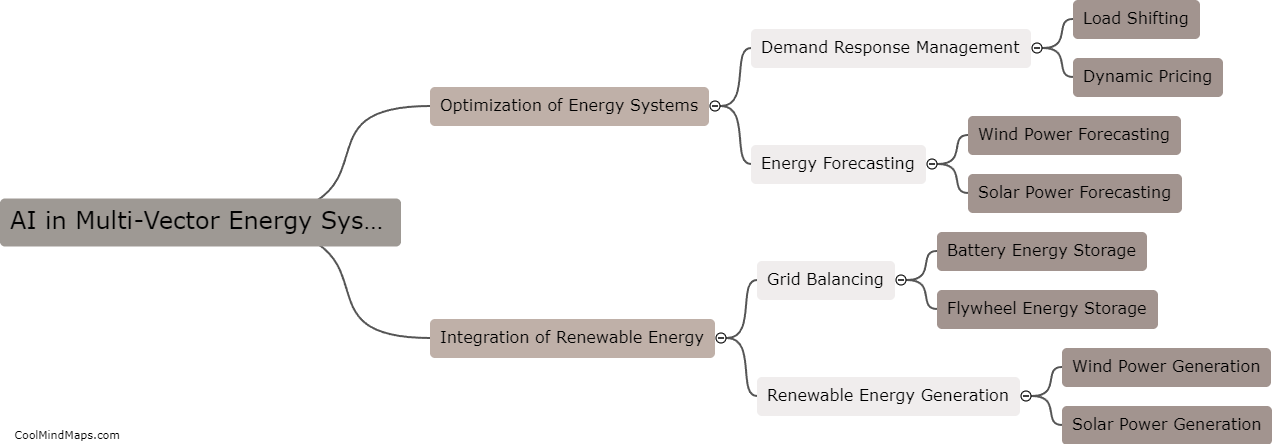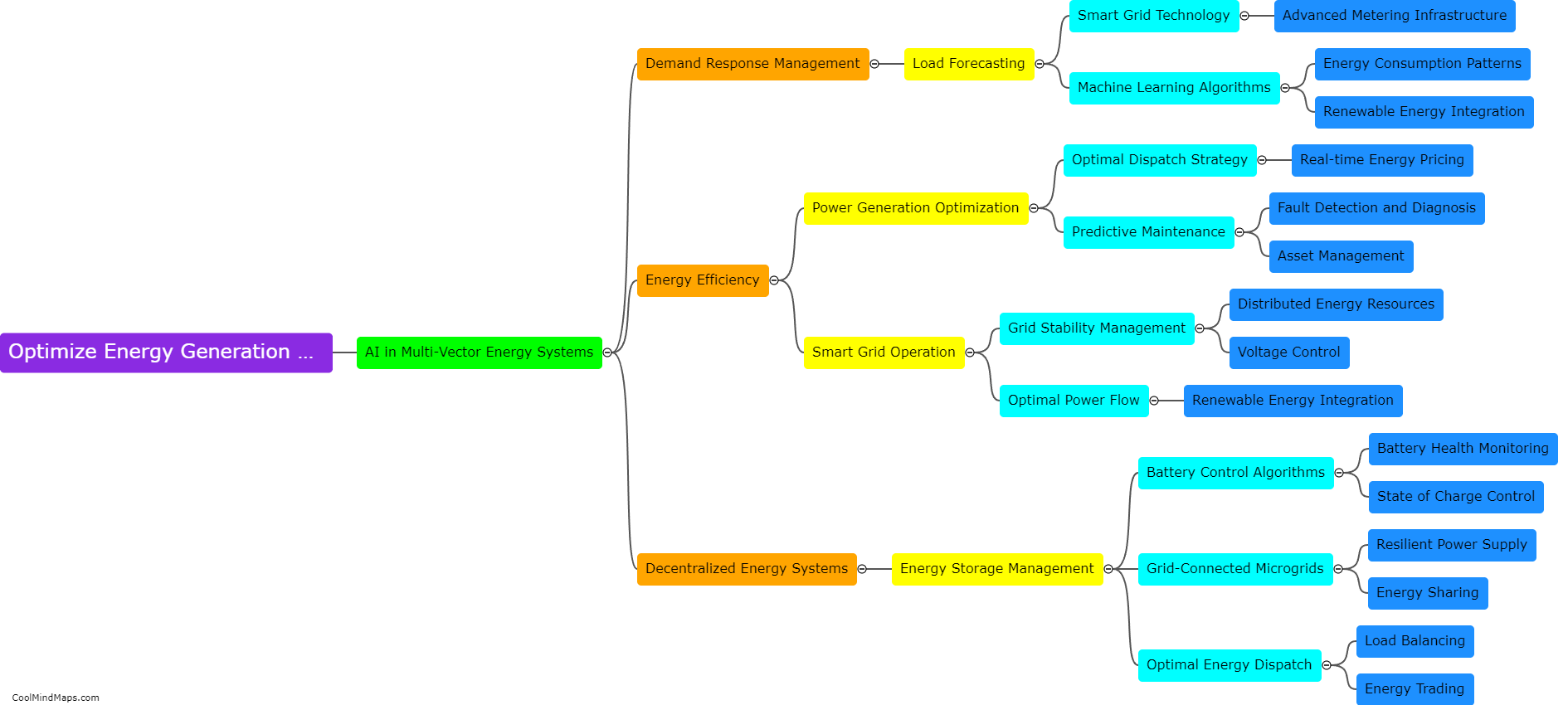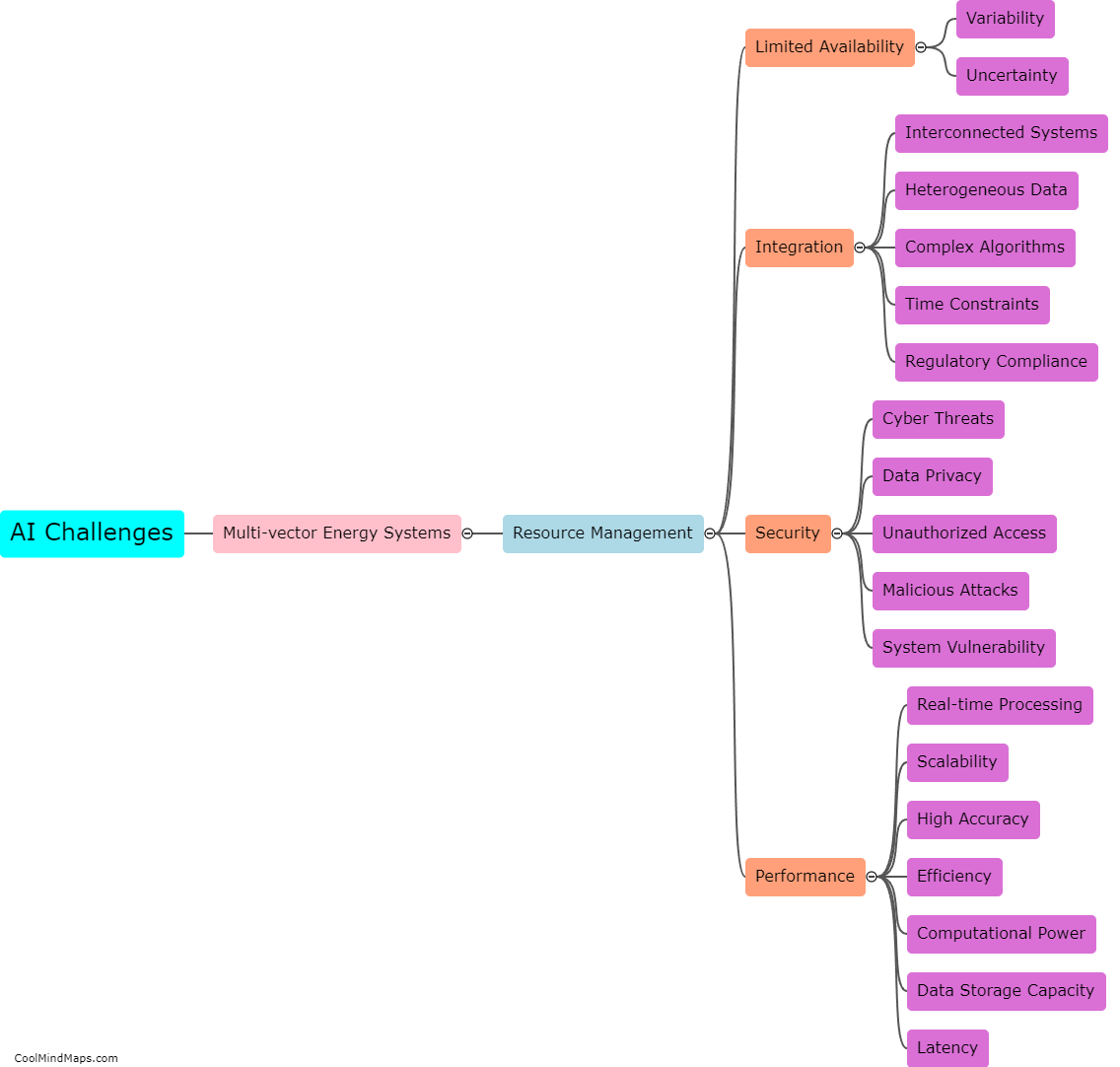What are the challenges faced by multi-vector energy systems?
Multi-vector energy systems refer to integrated energy systems that utilize multiple energy carriers such as electricity, natural gas, heat, and hydrogen. While these systems offer several advantages, they also come with significant challenges. One major challenge is the complexity of coordinating and optimizing the various energy vectors to ensure efficient and reliable energy supply. This requires advanced monitoring, control, and communication systems to manage the interaction between different vectors. Another challenge is the need for adequate infrastructure and storage to support these diverse energy carriers. For example, storing and distributing hydrogen or capturing and storing excess renewable energy can be technically and economically demanding. Furthermore, policy and regulatory frameworks often lag behind the development of multi-vector systems, posing challenges for market integration and incentivizing investment. Addressing these challenges is crucial to harness the full potential of multi-vector energy systems and transition towards a sustainable and low-carbon energy future.
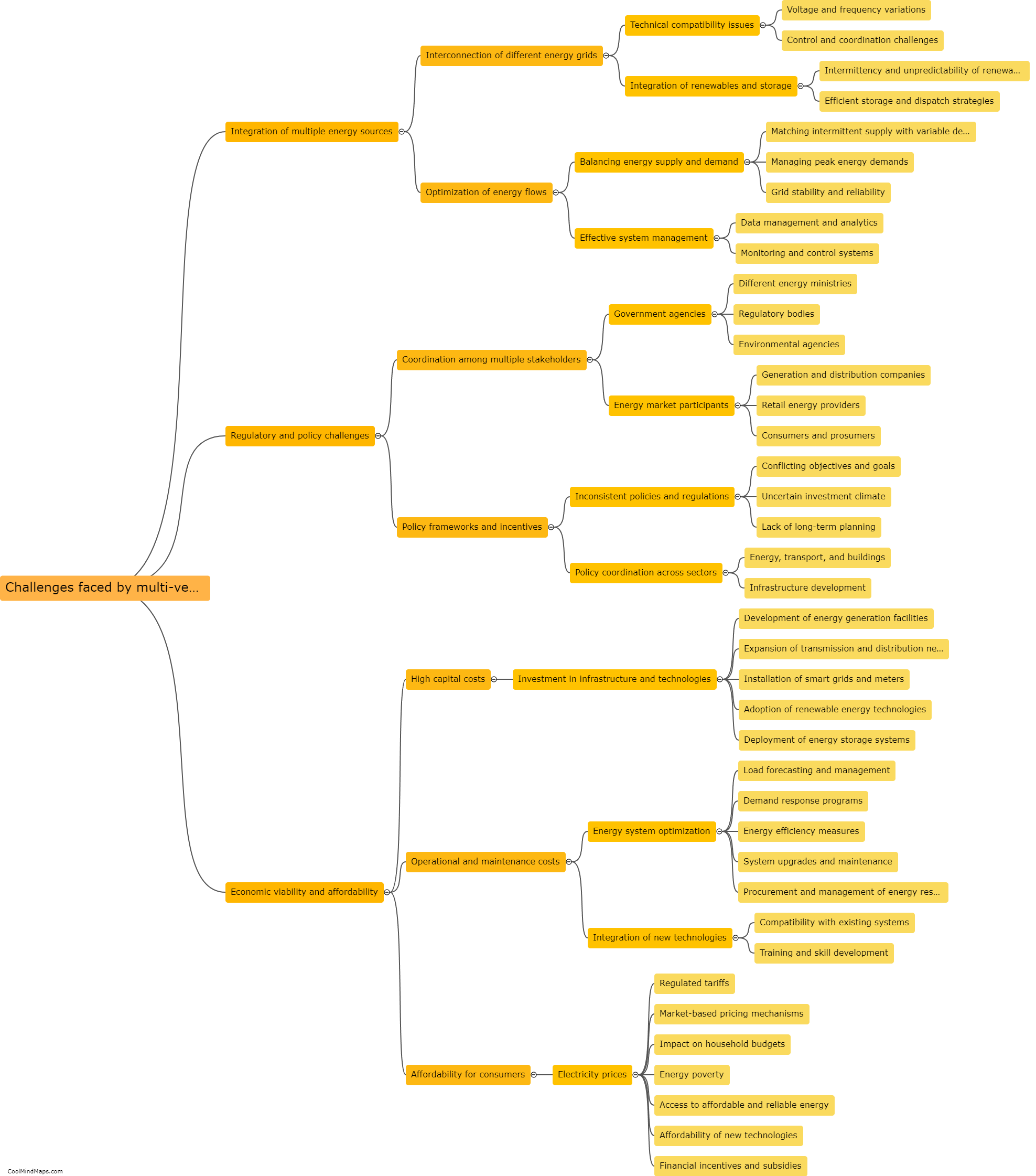
This mind map was published on 26 October 2023 and has been viewed 87 times.



